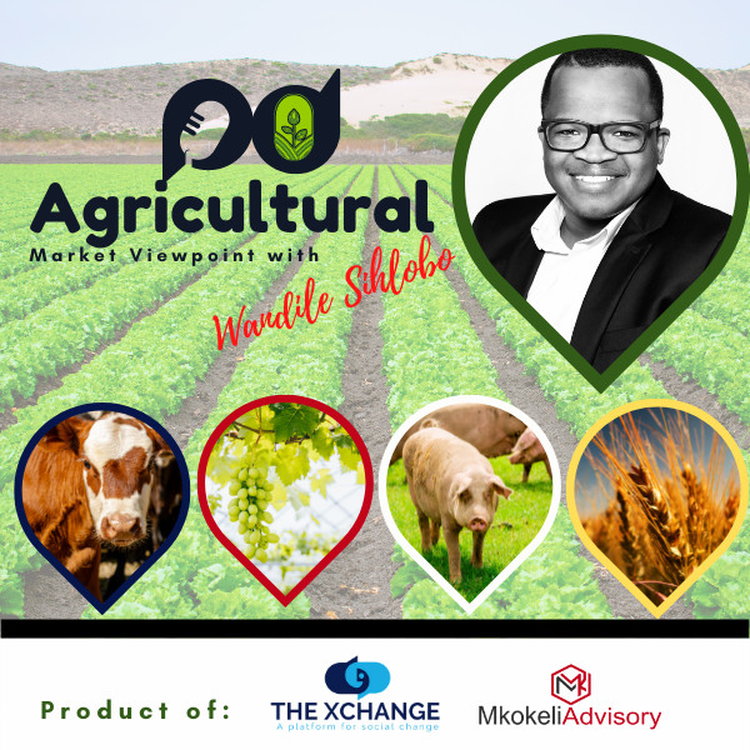
Land Reform in South Africa
Loading player...
In this week’s special segment, agricultural economist Wandile Sihlobo speaks with Professor Johann Kirsten, Director of the Bureau for Economic Research, Stellenbosch University, about an article he co-authored with him on South Africa’s land reform.
Here is an extract:
South Africa’s land reform policy remains highly contested. But, in our view, a number of persistent myths about farmland statistics and the structure of commercial agriculture skew debates. This makes it difficult to reach some common understanding about the realities of land and agriculture in the country.
In 1994 when South Africa became a democracy, white farmers owned 77.580 million hectares of farmland out of the total surface area of 122 million hectares. The new government set a target of redistributing 30% of this within five years. This target date has been moved several times and is now 2030.
According to popular belief, between 8% and 10% has been redistributed so far. But as we show below this is incorrect as it omits a number of key statistics.
Only 17%-20% of the 77,58 million ha is suitable for field crop, irrigation and horticultural production. More than 55% of farmland is only ideal for extensive grazing (land that is poor and dry but animals can roam widely, the Karoo being an example), and another 20% for intensive pastures and animal production (land, the KwaZulu-Natal Midlands being an example, that receives good rains and has good pastures for grazing).
This shows that the potential of farm land being used to create full-time sustainable livelihoods is limited. This suggests that a careful and measured approach needs to be adopted in redistribution efforts.
These realities are the basis for our arguments against five standard myths about agriculture and land in South Africa. That’s not to say that there isn’t a great deal still to be done. But failure to recognise the gains that have been achieved means that policies can’t be developed based on what’s been achieved so far.
The article was published by The Conversation and can be accessed via this link: https://theconversation.com/land-reform-in-south-africa-5-myths-about-farming-debunked-195045
Here is an extract:
South Africa’s land reform policy remains highly contested. But, in our view, a number of persistent myths about farmland statistics and the structure of commercial agriculture skew debates. This makes it difficult to reach some common understanding about the realities of land and agriculture in the country.
In 1994 when South Africa became a democracy, white farmers owned 77.580 million hectares of farmland out of the total surface area of 122 million hectares. The new government set a target of redistributing 30% of this within five years. This target date has been moved several times and is now 2030.
According to popular belief, between 8% and 10% has been redistributed so far. But as we show below this is incorrect as it omits a number of key statistics.
Only 17%-20% of the 77,58 million ha is suitable for field crop, irrigation and horticultural production. More than 55% of farmland is only ideal for extensive grazing (land that is poor and dry but animals can roam widely, the Karoo being an example), and another 20% for intensive pastures and animal production (land, the KwaZulu-Natal Midlands being an example, that receives good rains and has good pastures for grazing).
This shows that the potential of farm land being used to create full-time sustainable livelihoods is limited. This suggests that a careful and measured approach needs to be adopted in redistribution efforts.
These realities are the basis for our arguments against five standard myths about agriculture and land in South Africa. That’s not to say that there isn’t a great deal still to be done. But failure to recognise the gains that have been achieved means that policies can’t be developed based on what’s been achieved so far.
The article was published by The Conversation and can be accessed via this link: https://theconversation.com/land-reform-in-south-africa-5-myths-about-farming-debunked-195045

